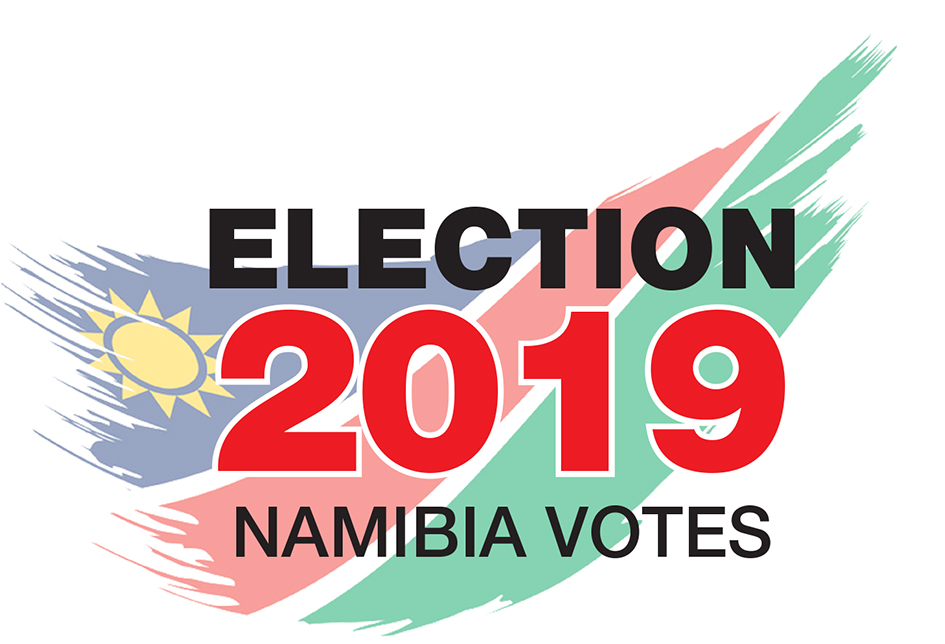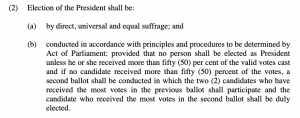Hype around the 2019 presidential election has raised questions about whether Namibia has the rules to conduct a credible run-off election
In the run-up to the 27 November 2019 National Assembly and Presidential elections much has been made of the fierce competition for the Namibian presidency.
The emergence of a first-ever independent candidate and the apparent struggles of the ruling Swapo Party to get to grips with the challenge of the independent candidate, who has emerged from amongst its ranks, has produced a compelling electoral dynamic and sub-text – what happens if the Swapo Party candidate fails to secure an outright majority in the presidential election?
The apparent popularity of the independent candidate has raised the question among some of what would happen if the independent and the incumbent polled nearly equal on 27 November 2019 in the presidential election? And also, does the electoral law make provision for a run-off election between two presidential candidates?
To be clear, a presidential run-off election would be another first on the Namibian electoral and political landscape.
Namibia Fact Check set out to check what the law says about the conducting of presidential run-off elections.
First off, with regard to a valid presidential candidacy, according to Article 28 (3) of the Namibian Constitution, the following:
“Every citizen of Namibia by birth or descent, over the age of thirty-five (35) years, and who is eligible to be elected to office as a member of the National Assembly shall be eligible for election as President.”
So what happens if a run-off election is required?
Article 28 (2)(b) of the Namibian Constitution addresses this issue as follows:
And Section 109 (4) of the Electoral Act of 2014 states the following on the issue:
What this basically means is that a presidential run-off election would be conducted in the same way as a normal presidential election, just with the two leading candidates, and in the event of such an election being necessary, it would have to take place before the end of January 2020, as the president will be sworn in, in mid to late March 2020.
According to our assessment, the electoral law appears to sufficiently address the occurrence and conducting of a presidential run-off election.



